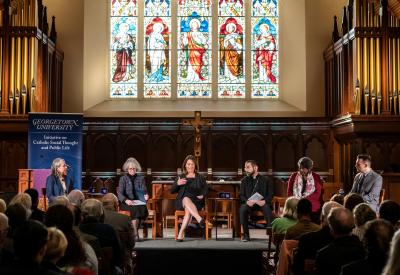
In the Fall of 2021, Pope Francis announced the historic Synod on Synodality — a journey for the global Church which is rooted in listening and dialogue. Immediately, it was clear that this model was integrally connected to the practices and principles of restorative justice.










 Abolition State
Abolition State  Executions Paused, Abolition Legislation Introduced
Executions Paused, Abolition Legislation Introduced  Executions Paused by Executive Action
Executions Paused by Executive Action  Active State
Active State